Facebook Ad Auction: Your Ad PlacemenExplained
Ever thought about why some ads pop up all the time while others don’t? It’s all about Facebook’s auction system. It’s not just about who pays the most. The Facebook ad auction is more complex. For firms looking into Facebook Ads Services in Ahmedabad or elsewhere, knowing this auction’s ins and outs is key to beating others and saving money.
The most interesting aspect is that every ad space is selected by a rapid system that operates countless times each second. Besides just the bid, it also looks at the quality of the ad, the likelihood that people will be interested in it, and how well the ad fits the Target audience. We will now examine the process more thoroughly and see how you can get the best ad placements.
Steps to Create Facebook Ads
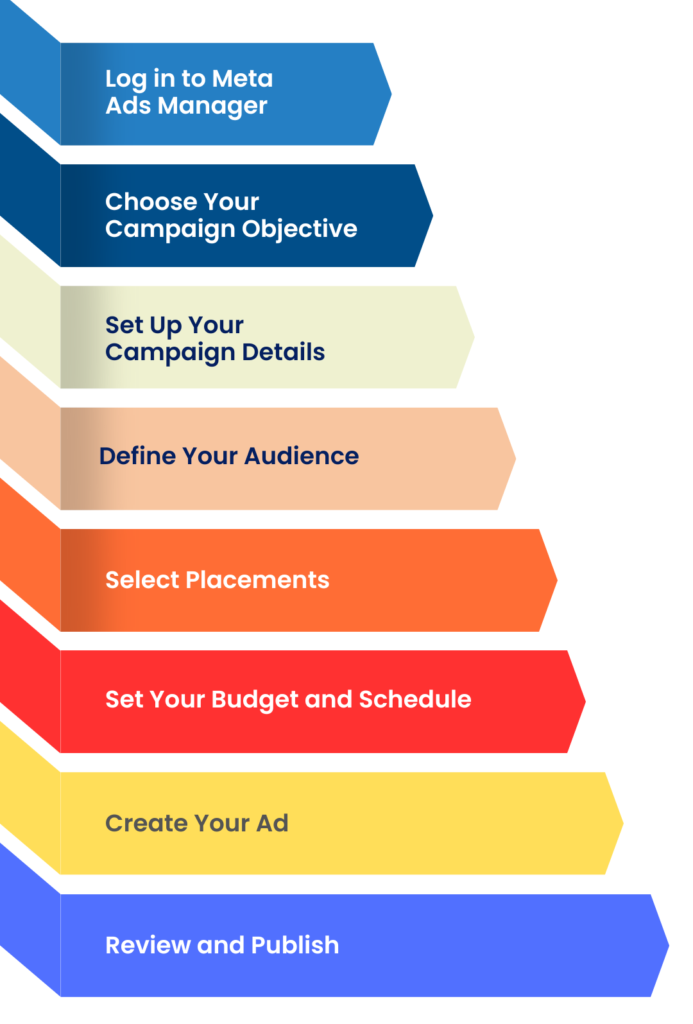
What Is the Facebook Ad Auction and How Facebook Ad Auction Works
As a result of the Facebook ad auction, the system determines the user to whom the ad will be shown at that very moment. Unlike traditional auctions, you don’t just “pay more to win.” Instead, the Facebook auction algorithm evaluates three major elements for every impression:
1. Your Bid
This is the maximum amount you’re prepared to pay for a desired action. It doesn’t mean you’ll always pay that full amount. Facebook often charges less depending on the competition. Think of it as making a cap, not a set price. A big bid tells Facebook you really want to reach these people, but a bad ad won’t make sure you get seen.
2. Likely Action Rates
Facebook guesses how likely a user will do what your ad wants, like click, sign up, buy, or just watch a video. The speculation is that the user behavior, previous actions, and some other hints were taken into consideration.
Facebook, for instance, if it finds a user to be purchasing fitness equipment after watching exercise videos, may decide to present a running shoe advertisement to that user as a result of the activity, since the system is predicting that the user might make a running shoe purchase.
3. Ad Quality and Relevance
This measures whether people actually find your ad valuable or annoying. Facebook looks at things like:
- Did people click, like, or watch the video?
- Did they hide the ad or mark it as irrelevant?
- Does the creative look trustworthy, or is it clickbait?
Ads that get high scores for being on point are often picked in sales because Facebook wants to keep its users happy. Even if you pay a lot, a bad ad may lose out to a cheap one that gets more likes and fits better.
This way, the top ad isn’t just the one that costs the most; it’s the one Facebook thinks will give the most to the user while also paying off for the ad maker.
In fact, research by Meta shows that 75% of ads don’t win just because they cost more; how well they fit and how much they draw in often change the game. This makes understanding how the Facebook ad auction works non-negotiable for any serious marketer.
How Facebook Chooses Between Competing Ads
Here’s the lesser-known fact: Facebook doesn’t just rank ads against all ads. It only compares ads targeting the same audience segment in real time.
Say two brands target women aged 25-30 interested in skincare. Even if one ad is global and another is local, the auction considers both for the same impression. This explains why audience overlap often hurts Facebook ads’ performance.
Industry insiders note that “audience cannibalization” is one of the biggest silent drains on campaign efficiency. Smart advertisers run exclusion lists to avoid competing against themselves.
Manual vs Automatic Bidding: Which One Wins More Auctions?
Marketers often ask whether fb ads bidding strategy should be manual or automatic. Here’s what the data shows:
- Automatic bidding: Facebook optimizes for the lowest cost per result, great for volume and learning phase campaigns.
- Manual bidding: Allows you to cap costs, useful when controlling ad costs. Facebook is crucial for margins.
A 2024 AdEspresso study found that manual bidding can outperform automatic bidding in high-competition niches if managed daily. But for businesses without dedicated ad managers, automation often yields steadier campaign performance metrics.
How Ad Quality and Engagement Impact Auction Results
Facebook ranks user experience higher than short-term profit. This means low-quality, disruptive ads are penalized even with high bids.
- Negative feedback: For example, users hiding ads or reporting them.
- Poor engagement signals low CTR, short view times.
- Misleading or clickbait headlines.
A case in point: a fashion retailer increased CTR by 45% simply by refining creative and cutting down on frequency fatigue, not by increasing budget.
The Role of Audience Targeting in Facebook Ad Auctions
Audience targeting Facebook is one of the strongest levers in auction success. Even with a strong bid and quality ad, if your targeting is too broad, your Total Value score drops.
Narrow, well-researched targeting reduces competition while boosting relevance. A thought from Andrew Foxwell, a Facebook ads strategist: “Most ad failures are not due to bad creative, but to poor audience segmentation.”
Improving Your Ad’s Relevance Score to Win More Facebook Ad Placement
The ad relevance score isn’t just a vanity metric. It directly affects your auction results. To improve it:
- Test multiple creatives for the same audience.
- Refresh ads regularly to avoid fatigue.
- Align copy with intent signals, for example, retargeting users with cart reminders rather than generic branding.
Meta disclosed that ads with a relevance score above average see up to 40% lower cost per action, proving that relevance isn’t just about engagement, it’s about efficiency.
How Budget and Bidding Strategies Affect Auction Performance
Budget size does matter, but not in the way most advertisers think. A huge budget with poor structure often underperforms against a modest but optimized campaign.
- Spread budgets thin across too many ad sets, and Facebook’s learning algorithm struggles.
- Concentrated budgets let Facebook’s AI stabilize quickly, improving Facebook ads performance.
- High budgets without creative variety lead to audience fatigue and cost spikes.
Smart advertisers think in terms of efficiency, not just scale.
Common Mistakes That Hurt Your Chances in Facebook Ad Auctions
Even seasoned advertisers trip up in the auction system. Some frequent pitfalls:
- Competing against yourself by overlapping audiences.
- Ignoring creative fatigue, letting ads run too long without refresh.
- Over-relying on broad targeting, which dilutes Total Value.
- Using the wrong Facebook ad bidding strategy for campaign goals.
Avoiding these ensures you don’t just enter auctions, you win them.
Final Thoughts
The ad delivery system Facebook is less about “outspending” and more about “outperforming.” Whether you’re working with an in-house team or exploring Facebook Ads Services in Ahmedabad, success comes from mastering the balance of bid strategy, relevance, and targeting precision.
The question worth asking is not, “How much should I spend to win?” but rather, “How can I design ads that Facebook itself prefers to show?” Those who crack that code don’t just save on ad cost Facebook; they gain consistent dominance in their niche.
Your ad may not be winning because of low bids, poor audience targeting, or low-quality content. If your ad isn’t engaging or relevant to your audience, Facebook gives preference to other ads that provide a better user experience.
The Facebook ad auction happens in real time, every time there’s an opportunity to show an ad. This means your ad competes in auctions constantly whenever a user opens Facebook, Instagram, or other Meta platforms.
Both platforms use auctions, but they work differently. Google Ads focuses mainly on keywords and bid amount, while Facebook also considers how relevant and engaging your ad is to the audience, not just how much you spend.
Yes, budget matters because it controls how often your ads can compete in auctions. However, a high budget alone won’t guarantee better placement—your ad still needs to be relevant and appealing to win against competitors.
Focus on creating high-quality ads that grab attention and match your audience’s interests. Use the right targeting, test different creatives, keep your relevance score high, and set a competitive bid or budget to increase your chances.

What started as a passion for marketing years ago turned into a purposeful journey of helping businesses communicate in a way that truly connects. I’m Heta Dave, the Founder & CEO of Eta Marketing Solution! With a sharp focus on strategy and human-first marketing, I closely work with brands to help them stand out of the crowd and create something that lasts, not just in visibility, but in impact!
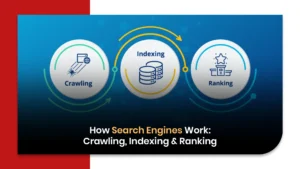
How Search Engines Work: Crawling, Indexing & Ranking
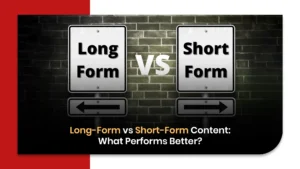
Long-Form vs Short-Form Content: What Performs Better?
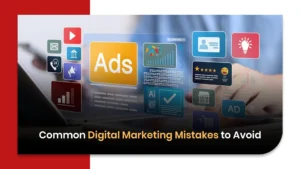
Common Digital Marketing Mistakes to Avoid

